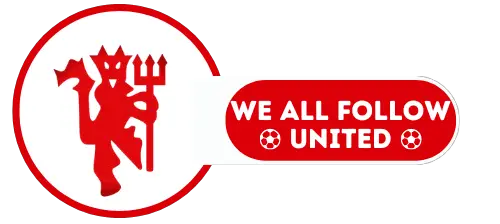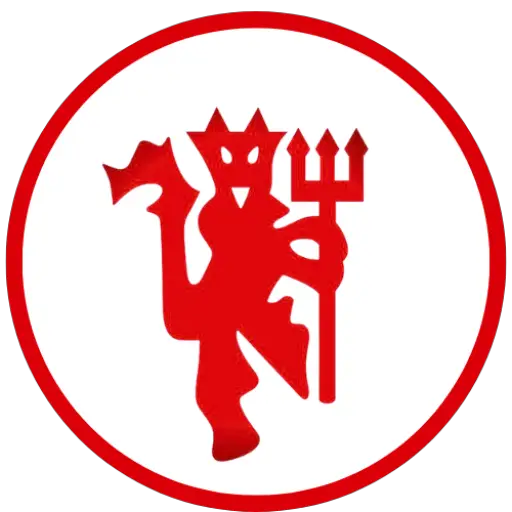 In recent years it strikes me that the ownership of football clubs is an important factor in the on-field performance of the team. There seems to be several ownership models which I’ve broadly divided into 4 groups:-
In recent years it strikes me that the ownership of football clubs is an important factor in the on-field performance of the team. There seems to be several ownership models which I’ve broadly divided into 4 groups:-
1) Mega rich owners
2) In it for the money owners
3) The fans owners
4) Not sure I know why owners
The first group are pretty obvious and include Manchester City and Chelsea. The owners here seem to be about fame and the Club is a plaything. There is little heritage behind the thinking, the owners are not real fans they are using the Club as an extension of their ego or personality as a fun investment, just like a racehorse.
The problem with this group is that the team is typically full of players who are mercenaries who can play nowhere else because their inflated salaries have gone beyond the market. This leaves players like Wayne Bridge, Emmanuel Adebayor, Roque Santa Cruz or even Carlos Tevez with no real option to move without either their home Club or buyer doing something extraordinary financially. Winston Bogarde being the classic example of this type of player and contract.
The second group, and Glazers seems to be this type, see the Club as a bargain and basically buy in low to sell high. Mike Ashley at Newcastle, Ken Bates and David Gold appear to be this type too, with ownership of Clubs like cars, that get exchanged when a better deal comes along. Fans or not, the goal is to make money and the valuation of Clubs being dependent upon the success on the park drives the need to win.
The fans owners are the famous Barcelona, Benfica and FC Porto examples where the fans have a say in how the Club runs, the President is elected and the finances are open, nobody seeks a profit just a fair balance between salaries, transfer fee and income. These Clubs can get into deep financial hot water as fans are hardly the best judge of when to tighten the purse strings.
Finally the ownership by owners, like John Henry or Bill Kenwright, or Alisher Usmanov, leave me wondering if their logic is profit or if they are just fans with money. In each case they are fiscally responsible in the main but without the passion to make the brave decisions that trigger a big success.
The whole equation gets more complex when the income side is considered. At Arsenal for example, they have delivered a new Stadium via a property investment deal at Highbury because the property market was hot in London. This delivered first class spectator facilities, but an overdraft that threatens the squad. Long term this might be a very smart deal but 10 years or more of trophy less play might leave those fans with warm bums and cold hearts.
By contrast Everton, Liverpool and Manchester United play in very old facilities, with poor seat spacing, and although Old Trafford is big and was regularly expanded, the core is a 1920s stadium which doesn’t compare to the very best and will always require high maintenance. Just like the team.
Chelsea seek a new palace and City have one they want to expand, that was almost a gift of the City that bears their name.
Finally that intangible called external revenue, from TV, advertising and merchandising makes success vital because of the fickle nature of the home audiences who want entertainment to sit thru a game and get bombarded at halftime by pundits and ads. Kids want the shirts of their idols, idols rarely get relegated or win the Carling Cup. Only the very best get the big money.
Of course the failures of Portsmouth, Leeds United and now Rangers leave owners with a new reality, one where financial ruin follows over spending and the economic realities of life apply. Southampton, Crystal Palace and Blackburn Rovers are also cases where change has come along and ruined the party, at Hartlepool and Blackpool the wealthy ownership misfortunes changed life on field.
Football ownership is no place for the feint hearted and although the risks don’t help close the gap between the fans who are ruled by their hearts and the owners ruled by their heads, at least it does give some basis for explaining the gap between us.
By Steve Burrows CBE @ifollowsteve


